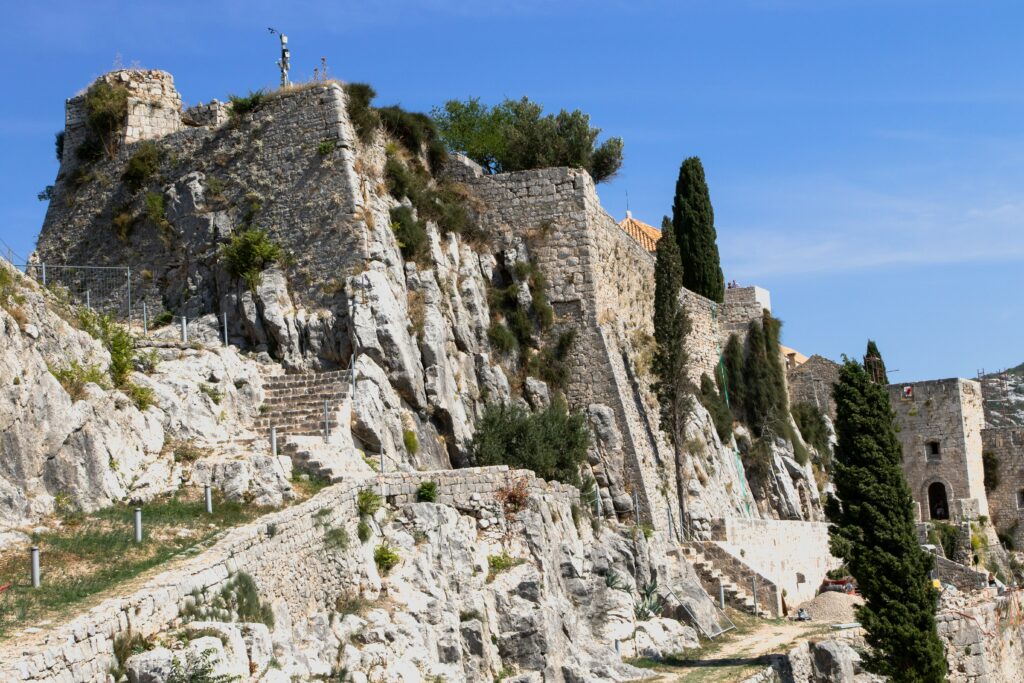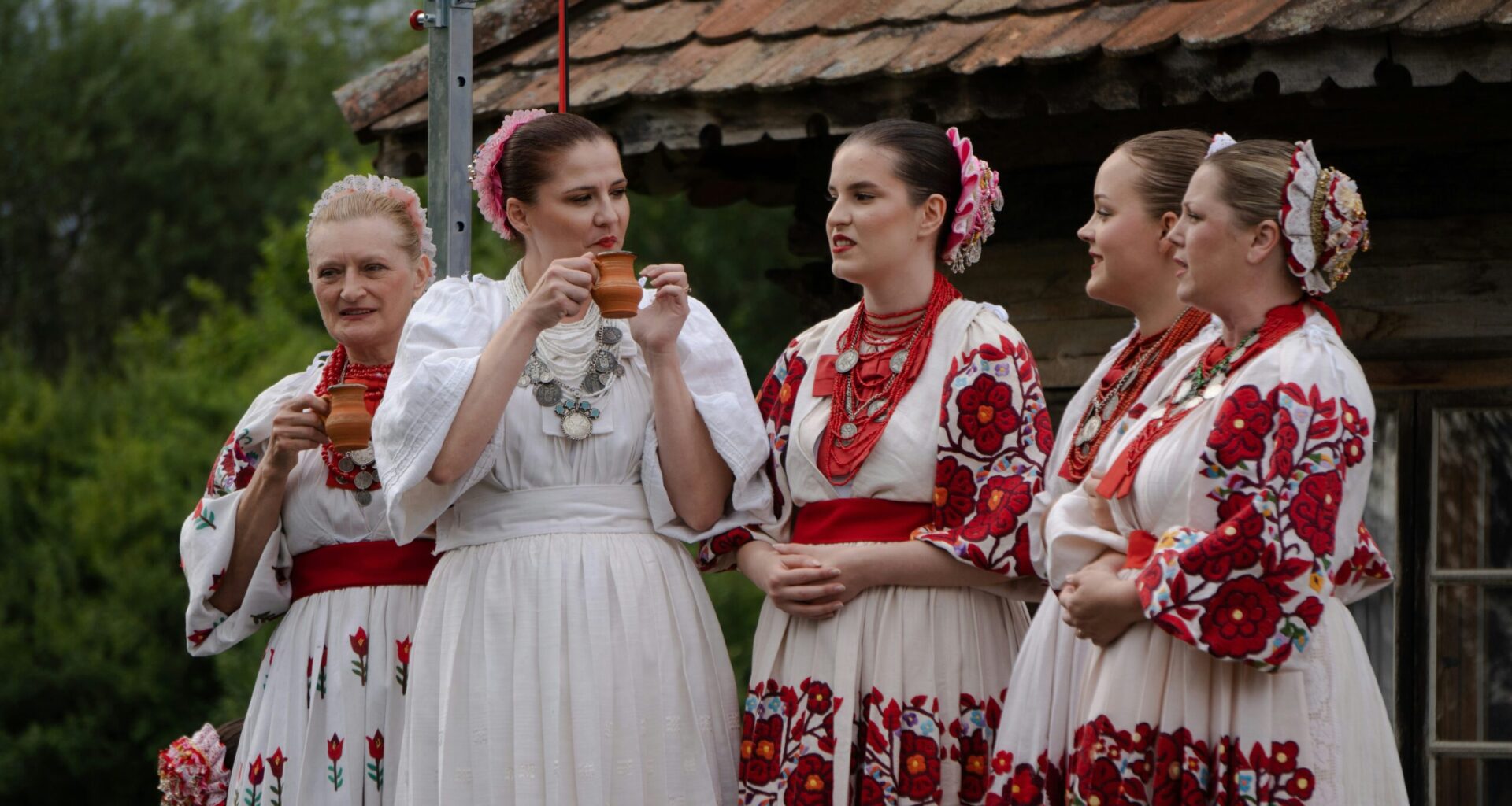June the 28th, 2025 – Croatia has some truly enormous potential in the authentic tourism offer, as tourists are now seeking something much deeper than a mere holiday in the sun.
As Poslovni Dnevnik writes, travel is a luxury for some, a necessity for others, but one thing is more than certain – both parties would find it hard to give up on. In fact, according to a newly released report from the Boston Consulting Group (BCG), the value of tourism will triple by 2040, from 5 trillion US dollars today to a massive 15 trillion dollars.

This growth is driven primarily by domestic travel, with domestic tourism predicted to generate nearly 12 trillion dollars in revenue by 2040, while intra-regional travel revenue is set to triple. International travel revenue will grow at by far the most rapid pace, but will account for the smallest share at “just” 1.4 trillion dollars, the report says.
When it comes to the profiles of tourists, they will increasingly come from emerging market countries such as China, India, Saudi Arabia and Vietnam, surpassing traditional tourists from the US, UK and Germany. The data is based on a survey of five thousand travellers from 11 countries, conducted by the Centre for Customer Analysis, analysing travel patterns across 68 markets.
It’s worth noting that travel, tourism and their associated markets worldwide have been greatly changed by the coronavirus pandemic that shook the globe in 2020. However, some things can be predicted. Currently, Millennials and Gen Z are currently the most influential tourists globally, with the focus on individual travel, which is taken by 18 out of 39 percent of travellers. In addition, so-called “bleisure” travel is now trending, as more than 70 percent of travellers from China, India, Nigeria and Saudi Arabia plan to combine business and leisure when travelling elsewhere.

Although most tourists associate travel with typical holidays, the BCG report highlights that travellers are increasingly exploring culture, health, wellness, and opting for spiritual and religious trips. Gastronomic tourism is also growing slowly but surely.
What’s also changing is the way people plan their trips, as travellers are increasingly using AI. Many consumers from China (65 percent), India (59 percent), Indonesia (58 percent) and Vietnam (51 percent) say they use AI tools to plan and book trips. However, 79 to 85 percent of travellers from the same markets say that human contact is incredibly important to them, and do not use any such tool.
Croatia relies extremely heavily on tourism in every sense, and it has enormous potential when it comes to its varied authentic tourism offer. It can therefore very solidly find its place in all of this. Moreover, Croatia has a wealth of individual gems in the authentic tourism offer, having everything from a typical holiday to an active, gastronomic or even a religious break. In addition to stunning and diverse nature, there is also endless history, gastronomy, strong traditions and a focus on what’s local.

“Despite the fact that Croatia is known for the sunshine and the sea, tourists will soon demand more from their travels and are increasingly seeking an authentic tourism offer. They’re on the hunt for proper, authentic experiences, personal development and a greater connection with the local community. Croatia has strong potential for developing its authentic tourism offer in the direction of wellness, gastronomy, culture and sustainability, all of which can meet the demands of future tourists,” explained Melanie Seier-Larsen, Director and Partner at BCG in charge of the Republic of Croatia.
All of this poses a real challenge for travel agencies as they currently do business. “They will need to anticipate these changes to remain relevant or they will simply be left off the travel agenda,” warned Lara Koslow, a director and partner at BCG who co-authored the report.
Subscribe to our newsletter
the fields marked with * are required
